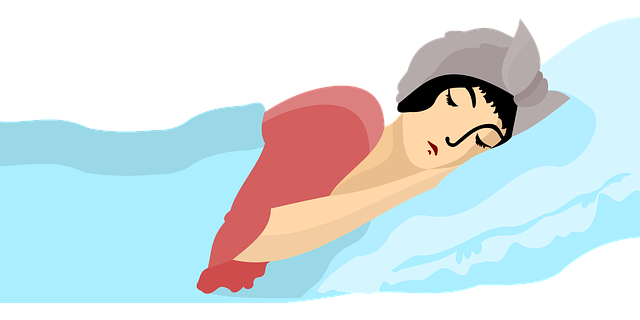
Just looking for a job can be extremely stressful and cause you to lose sleep on a regular basis. It’s crucial, however, to get good rest while looking for work and, especially, before an interview.
Insomnia can have a variety of causes, but fortunately there are many actions to take that can improve your chances for some healthy shuteye.
So what exactly should a sleep deprived person do?
Ways to create healthy sleep habits
Here are a few tips on how to deal with insomnia while you’re looking for work and beyond.
- Create an environment conducive to sleeping. First of all, that means having a decent mattress with the amount of firmness you need to be comfortable. Keep your room temperature on the cool side, preferably between 60 and 71 degrees Fahrenheit. But for most people cooler is better. Make sure your bedroom is dark enough. If too much light comes in, consider investing in block-out curtains. They’re not expensive and can help make sure your circadian rhythm is healthy.
- Establish a sleep schedule. Go to bed and get up at the same time every day, even on weekends. If you’re getting enough sleep, you shouldn’t need an alarm clock. If you can’t wake up on time, go to bed a bit earlier. While the debate over napping rages on, it may be better not to nap at all. Or if you do, stick to no more than 20 minutes.
- Get off of screens an hour or two before bedtime. Electronic devices – computers, TVs, cell phones, tablets, etc. — produce blue light that can affect your circadian rhythm. They can also suppress the body’s release of melatonin, making it more difficult to fall and stay asleep. Instead of looking at a screen, read a book, do a bit of meditation or listen to music.
- Write it down. If your mind is full of worry and racing thoughts, write them down. Writing them on a Word doc or the old-fashioned way with pen and paper will help get them out of your mind. Then you can forget your worries until the next day.
- Drink a glass of warm milk. The Sleep Foundation recommends drinking a glass of warm milk before going to bed. Milk contains an amino acid known as tryptophan, which can improve your sleep and mood, by helping your body produce serotonin and melatonin.
- Exercise daily. Moderate aerobic exercise increases slow wave sleep, which is the deep sleep your body needs to repair itself. Studies have shown that it can also help you fall asleep faster and return to sleep more quickly if you wake up in the middle of the night. You shouldn’t exercise in the evening, however, since that can create conditions that will interfere with sleep.
- Try meditation. If you’re having serious trouble falling asleep every night, you may want to experiment with a special meditation exercise that is designed to help you relax and fall asleep.
- Cut the caffeine. Drinking caffeine late in the day or in the evening is definitely a no-no for most people who are concerned about getting a good night’s sleep. The ideas of experts vary in terms of how early to stop drinking coffee, tea, cola or other caffeinated beverages, but one study recommends at least six hours.
- Lay off the alcohol. It’s best to stop drinking alcohol four hours before bedtime. Although a glass of wine before bed may help you fall asleep faster, it can interfere with your REM (rapid eye movement sleep), the deepest form of sleep.
- Take a hot bath. Studies have shown that taking a hot bath an hour to 90 minutes before bedtime can help people sleep better. A hot bath will not only warm your body but help your muscles relax. No one knows this better than the Japanese, who have made it a part of their culture for centuries.
Try a few of these tips, and see if they can’t help you get a better night’s sleep. Your job search efforts and your life will greatly benefit as a result.

